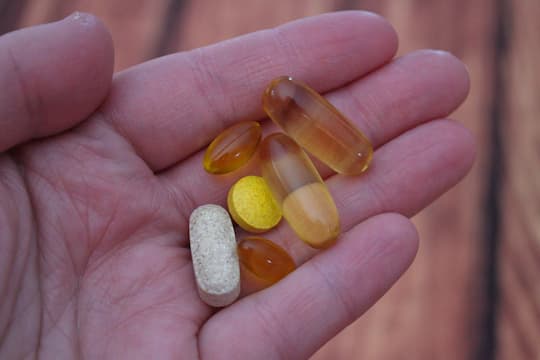The most recent trial confirms that two nutrients can reduce deaths from heart attacks and cancer.
Omega-3 fatty acids from fish oil can significantly reduce heart attacks and vitamin D supplementation can significantly lower the number of deaths caused by different types of cancer.
Researchers studied 26,000 American adults in the VITAL clinical trial for five years to see if fish oil or vitamin D would definitely ward off cardiovascular disease or cancer.
The outcomes were reassuring: marine omega-3 fatty acid intake was linked to a significant drop in heart attacks.
One-and-half servings per week of dietary fish intake showed the maximum heart health benefits, but higher dietary fish intake didn’t help more.
The greatest decrease in heart attacks was seen in African-Americans.
The benefit of 1 gram of omega-3 fish oil supplementation showed a small decrease in major cardiovascular events like stroke and death from cardiovascular disease.
Vitamin D3 or cholecalciferol intake at a dose of 2000 IU per day showed a significant decrease of death from cancer for those who took it for at least two years.
However, supplementation with vitamin D3 capsules didn’t significantly lower incidence of any type of cancer or cardiovascular disease.
Dr. JoAnn Manson, the study’s first author, said:
“The pattern of findings suggests a complex balance of benefits and risks for each intervention and points to the need for additional research to determine which individuals may be most likely to derive a net benefit from these supplements.”
Dr. Stephanie Faubion, NAMS medical director, said:
“With heart disease and cancer representing the most significant health threats to women, it is imperative that we continue to study the viability of options that prevent these diseases and help women survive them.”
The 1 gram omega-3 fish oil supplementation used in the VITAL clinical trial was Omacor, a prescription medicine for adults.
The capsule contains 840 milligrams marine omega-3 fatty acids, of which 465 mg is eicosapentaenoic acid (EPA) and 375 mg is docosahexaenoic acid (DHA).
The study was presented at the North American Menopause Society (NAMS) Annual Meeting in Chicago (Manson et al., 2019).

